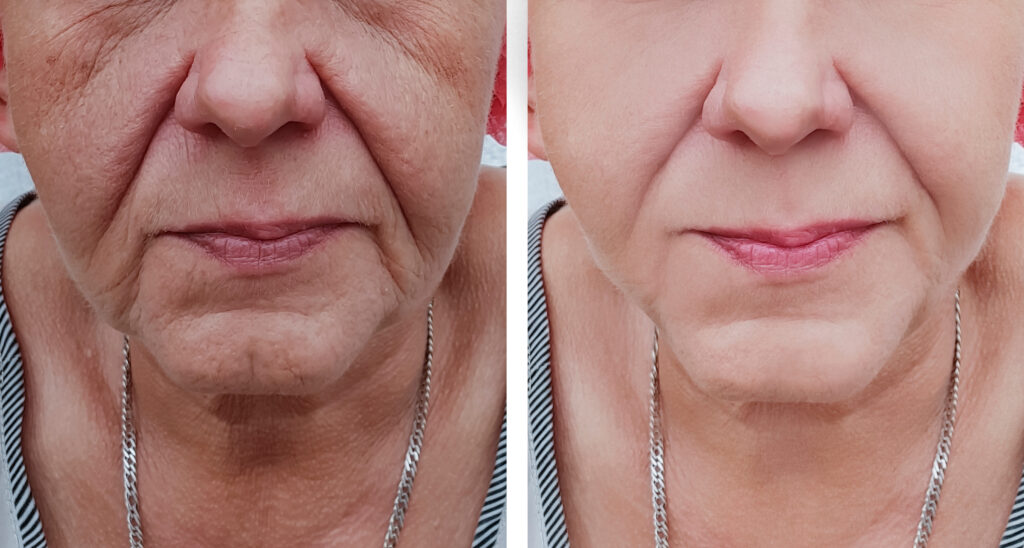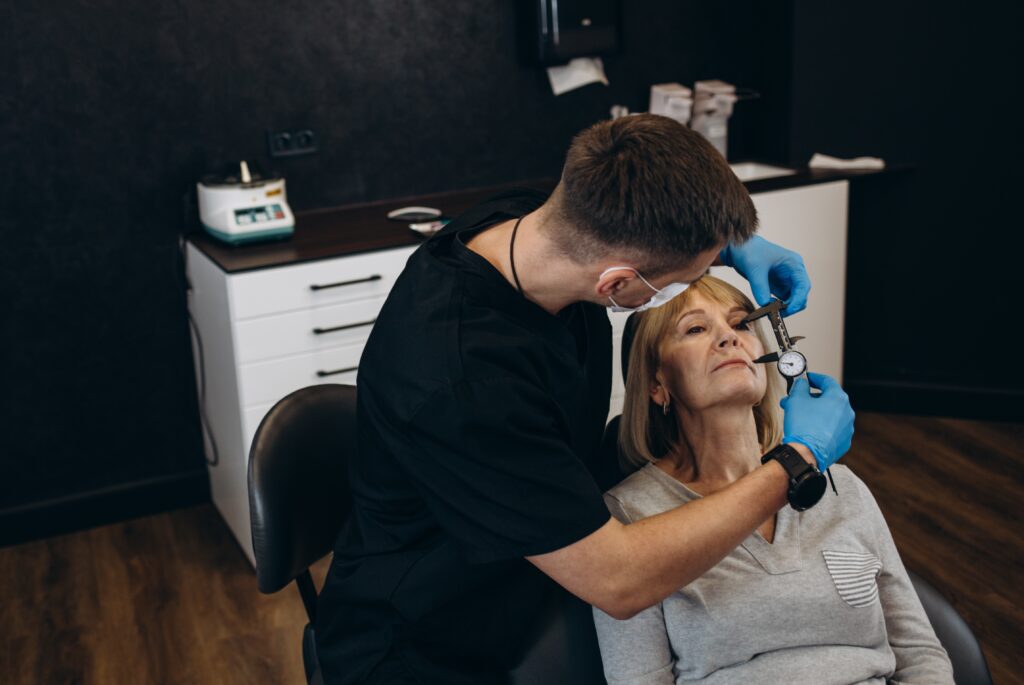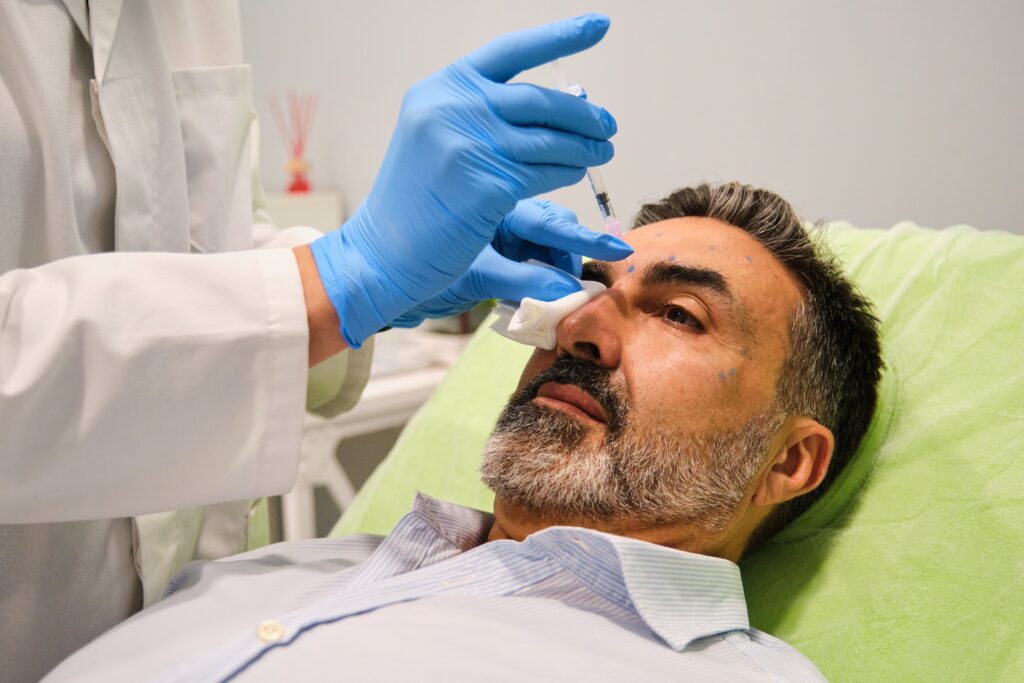These 11 questions might be the difference between regret and a confident new look.

Thinking about plastic surgery after 60 can bring up a mix of emotions—excitement, nerves, hope, and maybe even a little doubt. It’s easy to see why the idea is tempting; a few adjustments here and there can lead to a serious boost in confidence. But the truth is, it’s also a big decision that deserves plenty of thought before you commit to anything permanent.
Rather than rushing into the process, it’s worth slowing down and really asking yourself some important questions. These 11 questions aren’t meant to scare you away from plastic surgery—they’re here to help you move forward with clarity, confidence, and peace of mind. The more honest you are with yourself now, the better you’ll feel about your decision later.
1. Why Do I Really Want This?

Before you schedule any consultations, take a deep breath and look inward. Are you making this decision purely for yourself, or are outside influences playing a bigger role than you realized? Sometimes the pressure to look a certain way can come from subtle sources—comments from others, societal expectations, or even old insecurities resurfacing, experts at WebMD shared.
When you strip away all the noise, your answer should come down to your own happiness and sense of well-being. Plastic surgery can be incredibly empowering when it’s something you truly want for yourself. If the motivation feels external or driven by someone else’s standards, it might be worth hitting pause and reconsidering.
2. Do I Have Realistic Expectations?

It’s important to remember that while plastic surgery can enhance your appearance, it won’t magically erase every sign of aging or completely change who you are inside. It’s easy to get caught up in the fantasy of dramatic before-and-after photos, but your results will likely be more subtle than sensational, as stated by the authors at Me Time.
Ask yourself what you’re truly hoping to achieve. Are you seeking a fresher, more rested look, or are you chasing a version of yourself that may not be realistic? Keeping your expectations grounded will help you feel more satisfied and less disappointed when you finally see the results in the mirror.
3. Am I Willing to Go Through Recovery?

The excitement of a new look can sometimes overshadow the reality of what comes after surgery: the recovery. Healing takes time, and it often involves discomfort, temporary restrictions, and a lot of patience. Swelling, bruising, and a feeling of vulnerability are common parts of the process that shouldn’t be underestimated.
Ask yourself honestly if you’re prepared for the downtime and the need to rely on others for help. Recovery can be both physically and emotionally taxing, and setting realistic expectations about the healing period can make the experience much smoother and less frustrating in the long run, as mentioned by Daisy Brumby at the American Society of Plastic Surgeons.
4. How Will I Feel If I Look Different?

Even when changes are positive and planned, seeing a different version of yourself in the mirror every day can take some getting used to. Subtle tweaks can still feel monumental because our faces and bodies are so intimately tied to our identity and sense of self.
Think about how you typically handle big changes in life. Are you someone who adapts easily, or do you tend to have a longer adjustment period? Being honest about how you handle change can help you mentally prepare for the emotional shifts that might come with your new appearance.
5. What Are the Possible Risks or Complications?

It’s easy to focus only on the exciting possibilities, but any surgical procedure comes with its share of risks. There could be side effects, healing challenges, or outcomes that don’t perfectly match what you envisioned. Understanding these possibilities isn’t about being negative—it’s about being realistic and empowered.
Before moving forward, educate yourself thoroughly about the specific risks associated with the procedure you’re considering. Having a full understanding of both the best-case and worst-case scenarios helps you make a more informed decision and prepares you to handle any curveballs that might come your way.
6. Do I Trust My Surgeon?

It’s easy to focus only on the exciting possibilities, but any surgical procedure comes with its share of risks. There could be side effects, healing challenges, or outcomes that don’t perfectly match what you envisioned. Understanding these possibilities isn’t about being negative—it’s about being realistic and empowered.
Before moving forward, educate yourself thoroughly about the specific risks associated with the procedure you’re considering. Having a full understanding of both the best-case and worst-case scenarios helps you make a more informed decision and prepares you to handle any curveballs that might come your way.
7. How Will This Impact My Budget?

Plastic surgery isn’t just a physical investment—it’s a financial one too. Procedures can be costly, and they usually come with additional expenses like consultations, post-op care, medications, and possible revisions down the road. Insurance rarely covers cosmetic surgery unless it’s medically necessary.
Take a close look at your finances and ask yourself whether you’re fully comfortable with the potential costs, both expected and unexpected. You deserve to feel empowered, not burdened, by this decision, and planning your budget carefully will help you enjoy your new look without lingering financial stress.
8. Have I Explored Non-Surgical Options?

Thanks to advancements in aesthetic medicine, there are many non-surgical treatments that can deliver impressive results. From injectables like Botox and fillers to non-invasive skin tightening and resurfacing treatments, there are plenty of options that can enhance your appearance without going under the knife.
Before committing to surgery, consider meeting with a reputable aesthetic specialist to explore what non-surgical treatments might achieve for you. Sometimes a little tweak here and there is all it takes to get the refreshed look you’re hoping for—without the downtime, expense, or risks associated with surgery.
9. Am I Prepared for the Possible Emotional Roller Coaster?

Surgery can stir up emotions you might not expect. Excitement and hope are common, but so are fear, second-guessing, and impatience during the recovery period. It’s completely normal to ride a bit of an emotional roller coaster as you heal and wait for final results to settle in.
Think about how you usually manage emotional ups and downs. Are you someone who reaches out for support when needed? Having friends, family, or even a counselor you can lean on can make a big difference. Preparing emotionally is just as important as preparing physically for the journey ahead.
10. Will This Help Me Embrace Aging, or Am I Just Trying to Hide It?

Plastic surgery can be a beautiful way to feel like the best version of yourself, but it’s important to reflect on your deeper motivations. Are you hoping to refresh your look so you feel more confident as you age, or are you trying to erase every trace of time because it feels too hard to accept?
There’s no wrong answer, but knowing where your heart is can make a big difference in how you experience the process and the results. Surgery can be empowering when it’s about honoring yourself, rather than running from a natural part of life’s journey.
11. Am I Prepared to Take Care of Myself Post-Surgery?

The work isn’t over once the procedure is done—in many ways, it’s just beginning. Healing properly requires serious commitment to self-care. You’ll need to rest, follow your surgeon’s instructions, manage medications, and possibly accept help with basic tasks for a while.
Think about your ability to prioritize yourself and your recovery. Are you comfortable slowing down and letting others step in when needed? Setting yourself up with the right support and mindset beforehand can help your healing go more smoothly and set the stage for the beautiful, confident results you’re hoping for.
